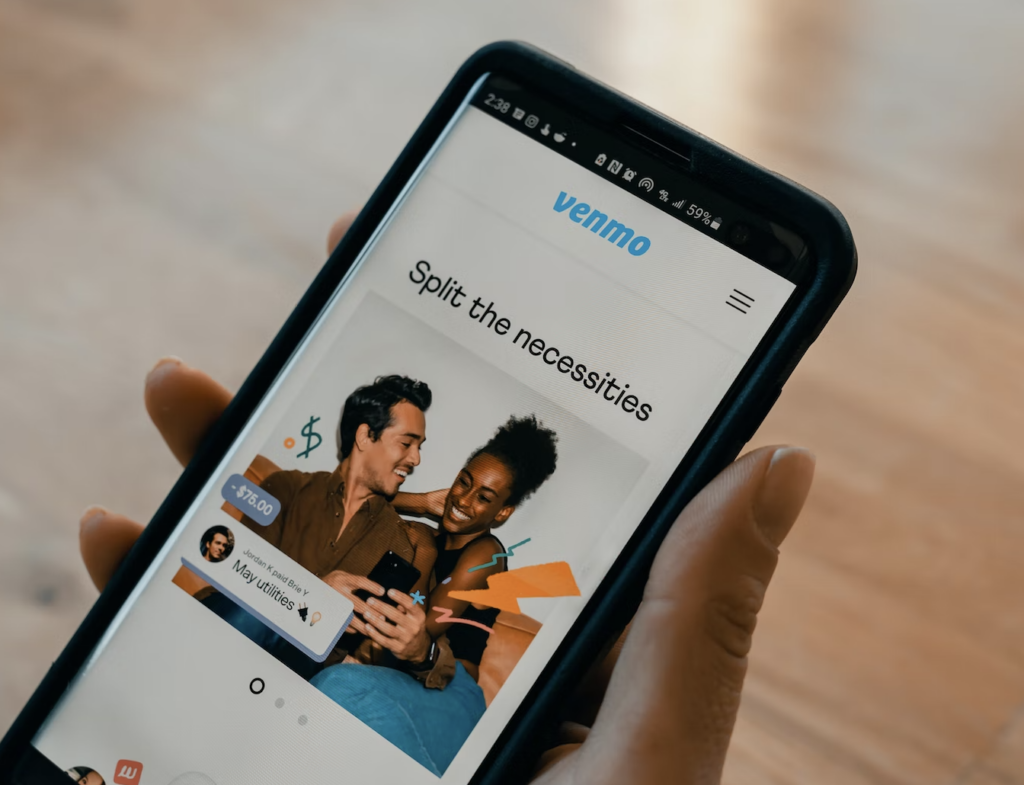How A New Tax Rule Will Affect Certain Venmo Users
If you receive a payment from a business via Venmo or Paypal for services you rendered that is equal to or greater than $600 you will now need to complete a 1099-K form for when it comes time to do your taxes.
This article is more than 2 years old

Anyone who receives a salary through Venmo or PayPal might find the 2023 tax season slightly more confusing. This is due to a new rule from the IRS which requires third-party apps to report total payments of $600 or more during the year. These platforms will then send users a 1099-K form for transactions made during the 2022 tax year by mail or electronically. A taxable transaction is defined as money received for goods or services, including tips.
Previously, platforms like Venmo and PayPal only had to issue a 1099-K to users who engaged in 200 business transactions with a total of $20,000. However, Congress slashed the limit as part of the American Rescue Plan Act of 2021. Now, a single transaction over $600 may trigger the form. The move aims to close the tax gap, which is a top priority of the Biden administration.
The Venmo and PayPal provision is estimated to bring in $8.4 billion from the fiscal year 2021 to 2031, according to the Joint Committee on Taxation via CNBC. “It’s going to be a new form for a lot of people,” Adam Markowitz, Vice President and an enrolled agent at Howard L Markowitz PA, CPA in Windermere, Florida, told the publication. “And the worst thing they can do is ignore it,” he added
Companies file Form 1099-K to report annual credit card and Venmo or PayPal payments, with a copy going to taxpayers and the IRS. According to Tommy Lucas, a certified financial planner and enrolled agent at Moisand Fitzgerald Tamayo in Orlando, Florida, said the business income on a tax return must include what’s reported on Form 1099-K. If any information is excluded, it may trigger an automatic IRS notice or even an audit.
Speaking about the new Venmo and PayPal tax rules, Wendy Walker, who chairs the information reporting subgroup on the Internal Revenue Service Advisory Council, told CNN Business the increase in 1099-Ks issued early next year will be massive. She also fears that it will cause a lot of confusion. Walker works as a solution principal for Sovos. The organization helps more than 30,000 business clients with tax compliance, including the issuance of all 16 Form 1099 variants.
It’s worth noting that the tax new rule doesn’t impose any additional taxes on anyone. It also doesn’t change the obligation as a taxpayer to always report all your taxable income from your business activities to the IRS. However, the 1099-K reporting for Venmo and PayPal will make it difficult to evade the taxes they owe by underreporting their business income.
For now, the rule does not apply to personal transactions conducted on an electronic payment platform. For example, if a friend sends you money through Venmo to help pay for dinner, or your mom sends you money on your birthday, those payments don’t need to be reported. The 1099-K reporting rule also doesn’t apply to any transactions made through Zelle. That’s because the platform is a payments clearinghouse that connects the payer’s bank account directly to the receiver’s bank account.





